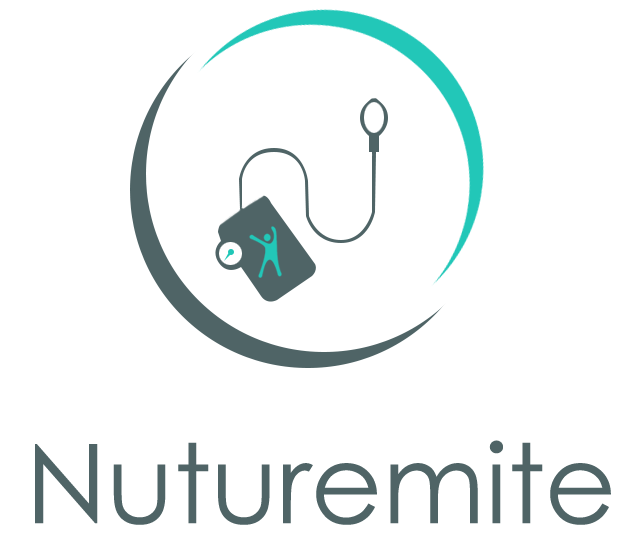Infant health: Application of drugs, side effects, home care

Babies suffer from common health problems. Moreover, many of these problems are not serious. In addition an important guideline to ensure infant health is needed. One should be aware of the warning signs, symptoms related to infant health. Thus parents should trust their intuition and call respective health care units in times of need.
Ways of treatment for an infant
- Using drugs and medicines

- Children below the age of 2 should not depend on any cough and cold product because of antihistamines present in them.
- Beware of the internal ingredients present in OTC products, don’t overdose, don’t use more than one product at a time serving the same purpose, don’t give medicines too often.
- Use cool mist humidifier to ensure easy breathing.
- Use saline nose drops to keep nasal passage moist.
- In times of fever use ibuprofen.
- Ensure drinking plenty of water .
Credits- FDA Archives
Application of medicine for an infant
- After the doctor prescribes medicines visit a pharmacist and get an information sheet of all medicines. Therefore the buyer will get acute knowledge of the medicines.
- Infants react quickly to medicines. Thus they should only be given the required quantity for consumption. Moreover giving medicines in excess can be harmful
- During the application of liquid medicines be careful. Use only the medicated spoons, cups, or syringe. Normal household spoons may be misleading. In addition ensure removing the small cap of the syringe before use to prevent choking.
- OTC medicines can be discontinued when the patient feels better.
- When a child shows allergic reaction to some drug take note of it. Furthermore taking a note of the amount, name of medicine, side effects help pharmacists and doctors deal with it.
Credits- American Academy of family Physicians
Skin problems due to Diapers

- Change dirty diapers
Replacing dirty diaper is a good way to assure hygiene. Moreover, wearing them for long can give rise to rashes and other skin problems.
- Gentle cleaning
Wipes and soft washcloth are good for cleaning the diaper area. Use a bottle if the skin rashes are severe. Allow the area to dry in air. In addition leave your child diaper free for as long as possible.
- Use diaper creams
Using diaper creams are a must if the skin stays red during change of diapers. Apply a coat of this cream on the affected are. However there is no need to apply cream after every diaper change. It can be removed at once at the end of the day.
- Consult dermatologists
Fever, blisters, pus formation can rise from rashes. Rashes might get worse causing pain and distress to the child.
Credits- American Academy Of Dermatology Association.
Vomiting problems

Vomiting in infants are cured without any medicine. Moreover they arise only due to viruses. Specifically prescribed treatment is needed to counter this particular illness. Let the baby turn on one side, this will minimize the chances of inhaling vomit.
- Check dehydration
Keep the infant free from dehydration. As a matter of fact severe dehydration can be life threatening and dangerous. Assure enough intake of fluids to restore the water lost during vomiting.
- Modify diet
Remove the solid food from diet. In addition ensure proper fluids in diet. Furthermore the liquid consumption prevents dehydration and doesn’t stimulate vomiting.
Credits – American Academy of pediatrics.
Excessive crying

Infants only communicate by crying. Moreover crying is their conventional language of communication. But excessive crying might be a sign that the baby is facing any kind of problem.
Infants generally cry because of reasons like loneliness, discomfort, illness, pain, teething, muscle twitching disturbing their sleep.
Credits- Medlineplus


Leave a Reply